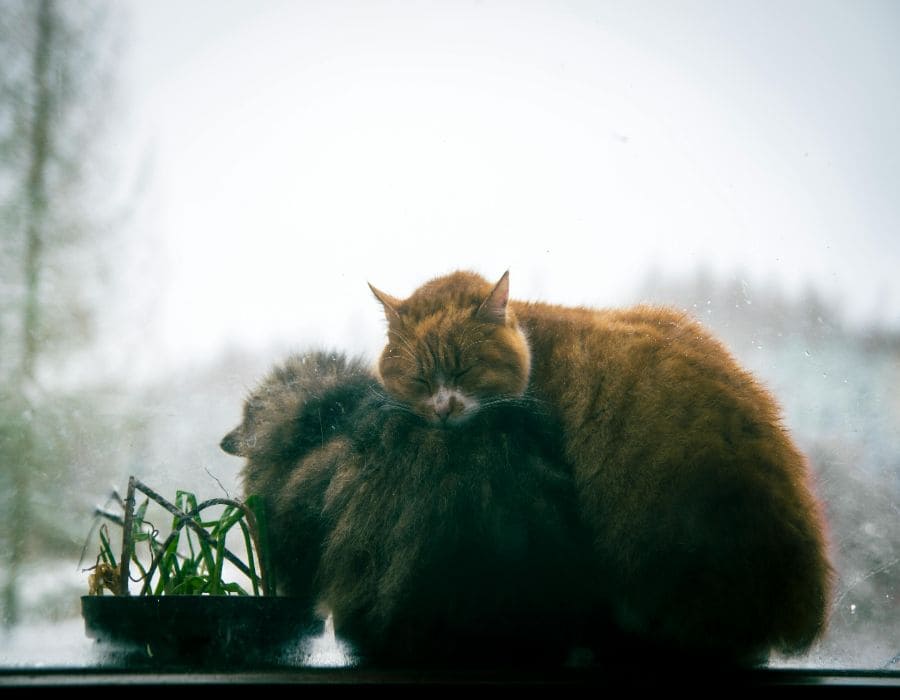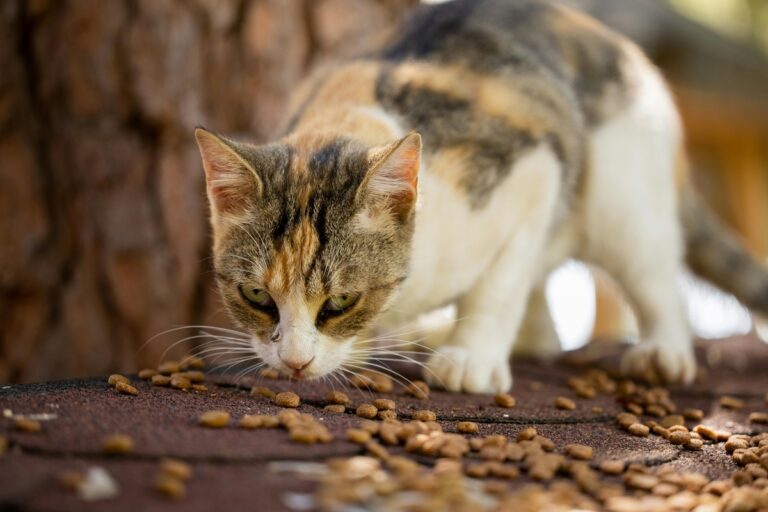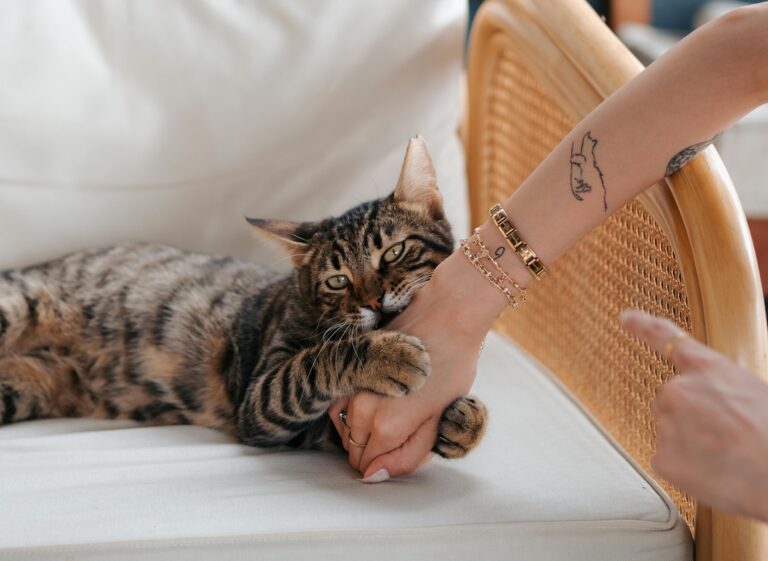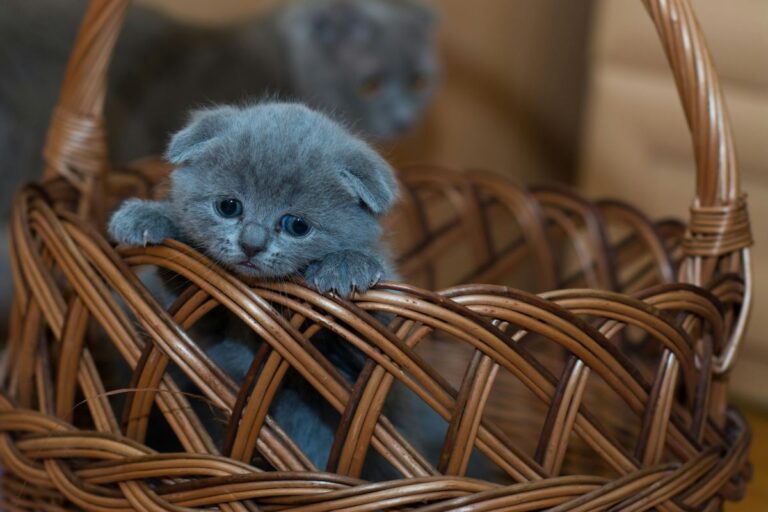10 Ways Cats Adapt Their Behavior As They Age
Cats may always land on their feet, but aging brings a few twists to that graceful leap. As our feline friends grow older, their quirks evolve—sometimes subtly, sometimes hilariously. But rest assured, every whisker twitch has a reason.
From becoming more cuddly (or cranky) to suddenly napping in your laundry pile, senior cats adapt in fascinating ways. Understanding these changes helps us keep them comfy, loved, and still full of cattitude—just a slower, more strategic version of it.
More Naps, Fewer Zoomies
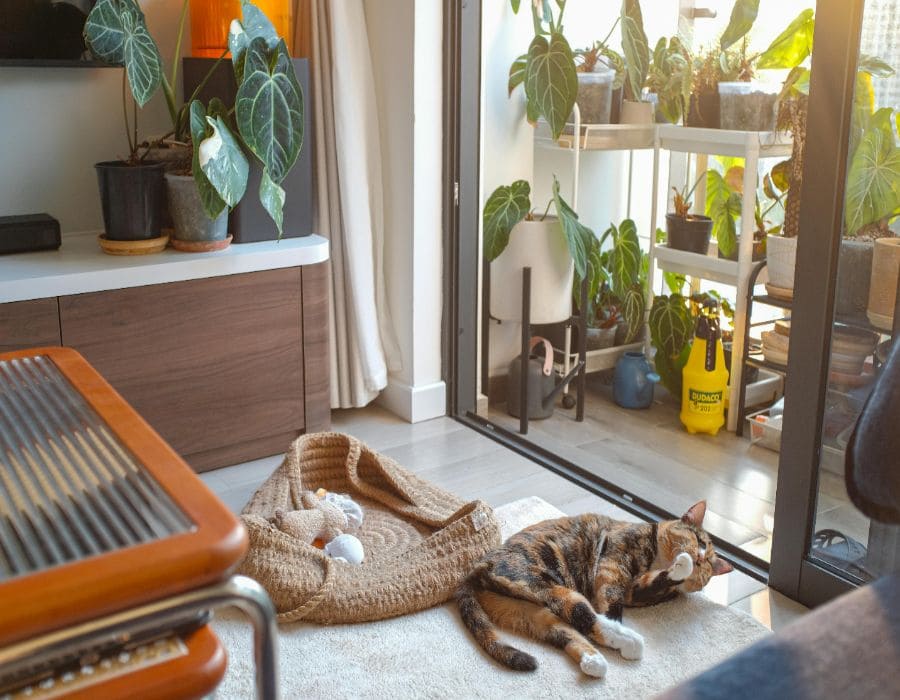
Older cats trade midnight marathons for mid-morning snoozes. With energy levels dipping, your once-hyper kitty now prefers window sunbathing to zooming across the hallway like a furry missile.
Lap Lovers in Training

Even the most aloof feline can turn into a snugglebug with age. As joints ache and the world feels colder, your lap becomes the throne of choice—warm, soft, and conveniently near treats.
Picky Eaters Emerge

Senior cats often get fussier about food. What once was gobbled now gets sniffed and judged. This is partly due to dulled senses and sometimes dental discomfort, so mealtimes need a gourmet upgrade.
Slower But Smarter Moves
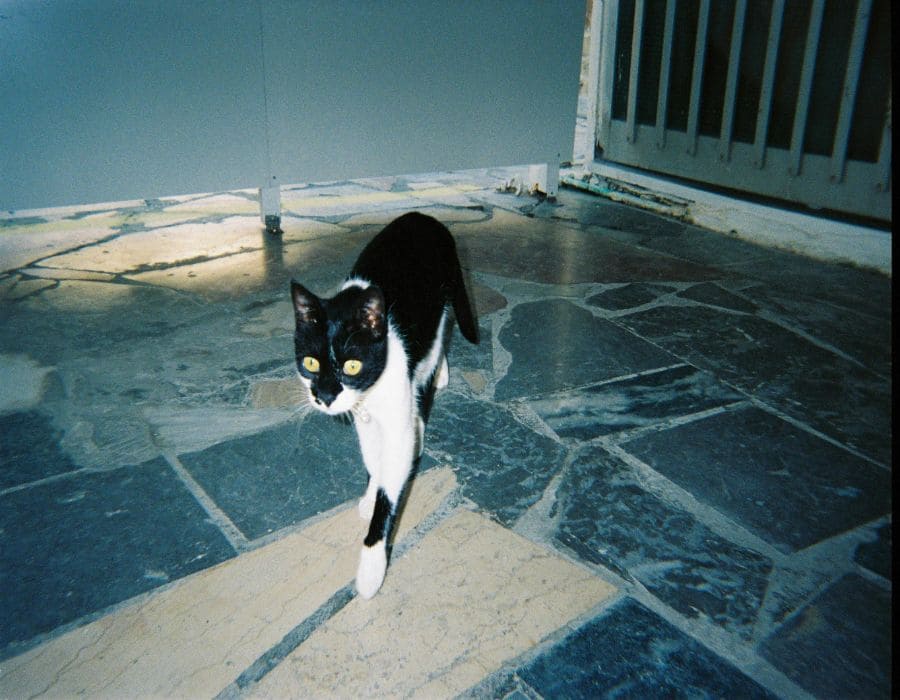
Aging cats ditch the drama for strategy. Instead of dramatic leaps onto the counter, they assess, plan, and maybe ask you to lift them. It’s not laziness—it’s wise delegation.
Less Social, More Selective
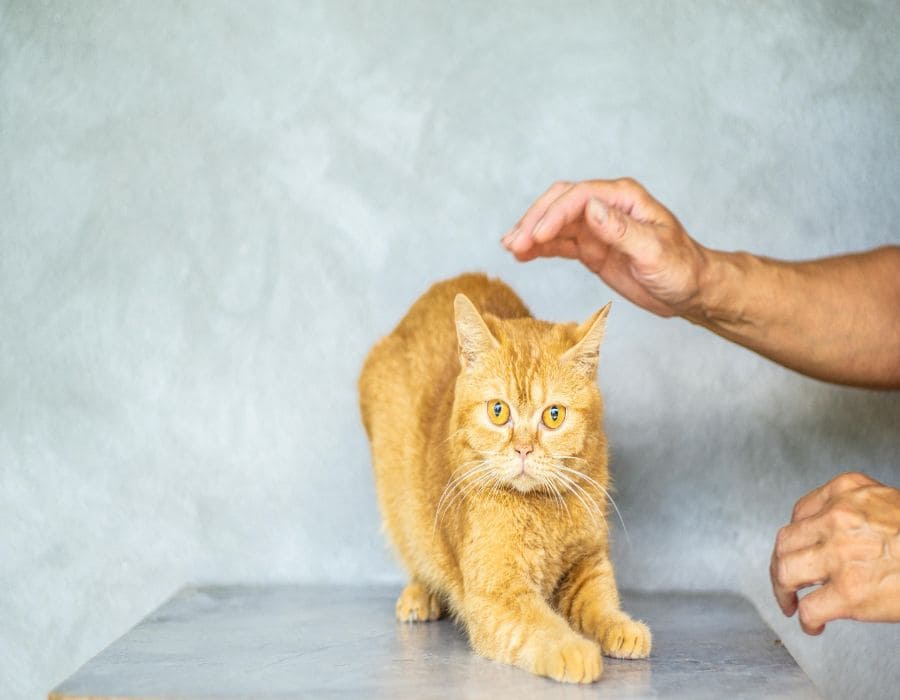
While kittens are party animals, older cats become selective introverts. They still love you (and that one friend), but they’re less interested in entertaining your book club or curious toddlers.
Grooming Habits Shift
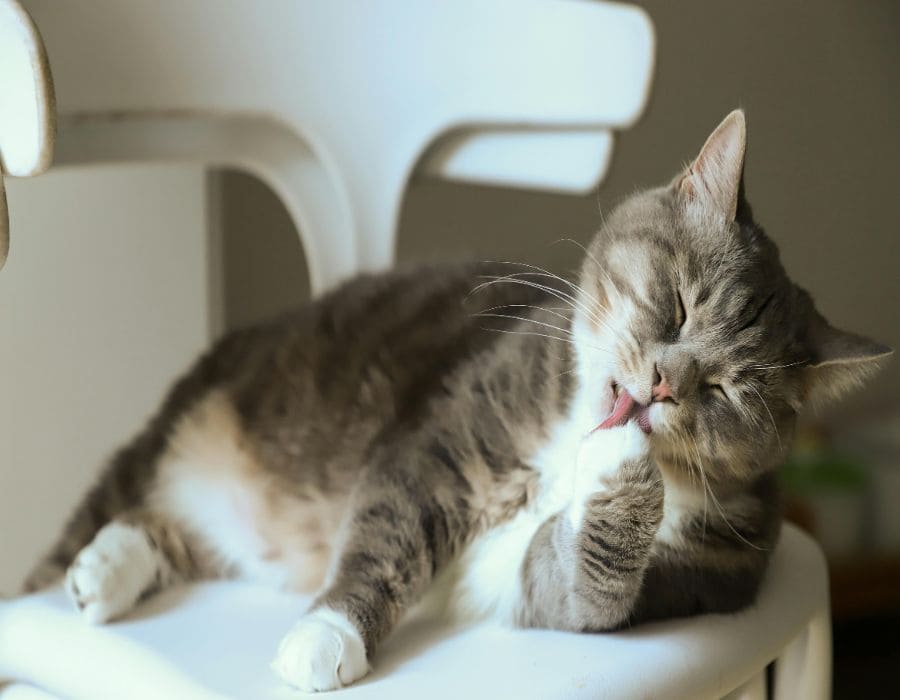
Your meticulous furball might slack a bit in the grooming department. Stiffness or arthritis can make it harder to reach every spot, so don’t be surprised if they need a little spa help.
Litter Box Loyalty Grows
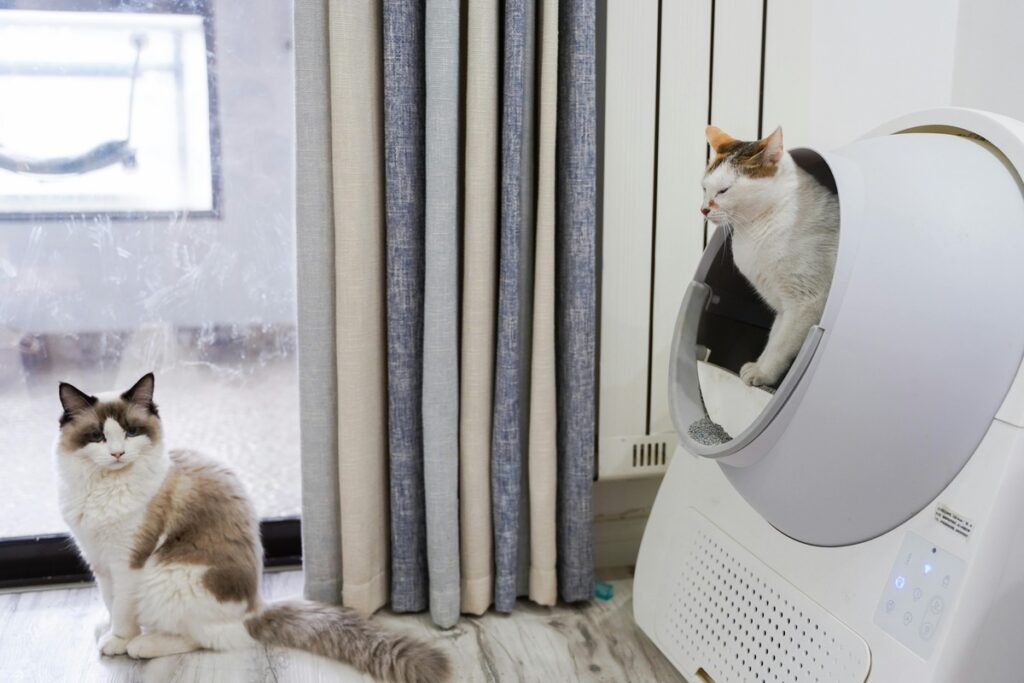
Senior cats are creatures of habit—and that includes litter box locations. They prefer familiar spots and may struggle with stairs or far-away boxes, so keep things accessible and easy to reach.
Vocal Cues Increase

Talkative tendencies might amp up. Whether it’s a meow for food, comfort, or simply your attention, older cats learn that dramatic flair can still get results—especially at 4 a.m.
Play Becomes Purposeful
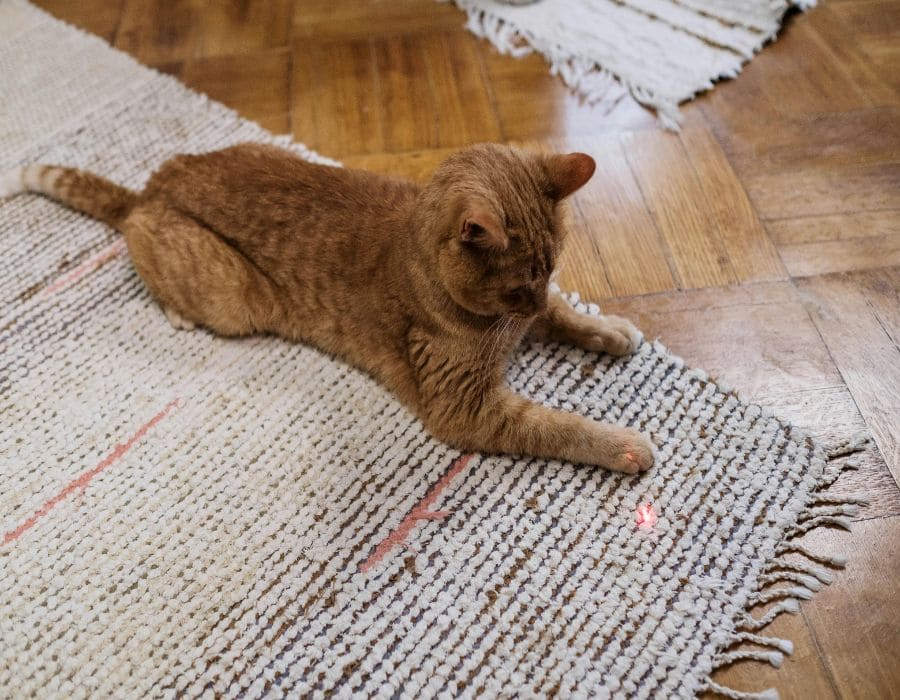
Don’t expect chaotic feather-chasing. Instead, senior cats prefer low-key play sessions that keep their minds sharp. Puzzle feeders or slow-motion mouse toys? Yes. Parkour? Hard pass.
Temperature Sensitivity Rises
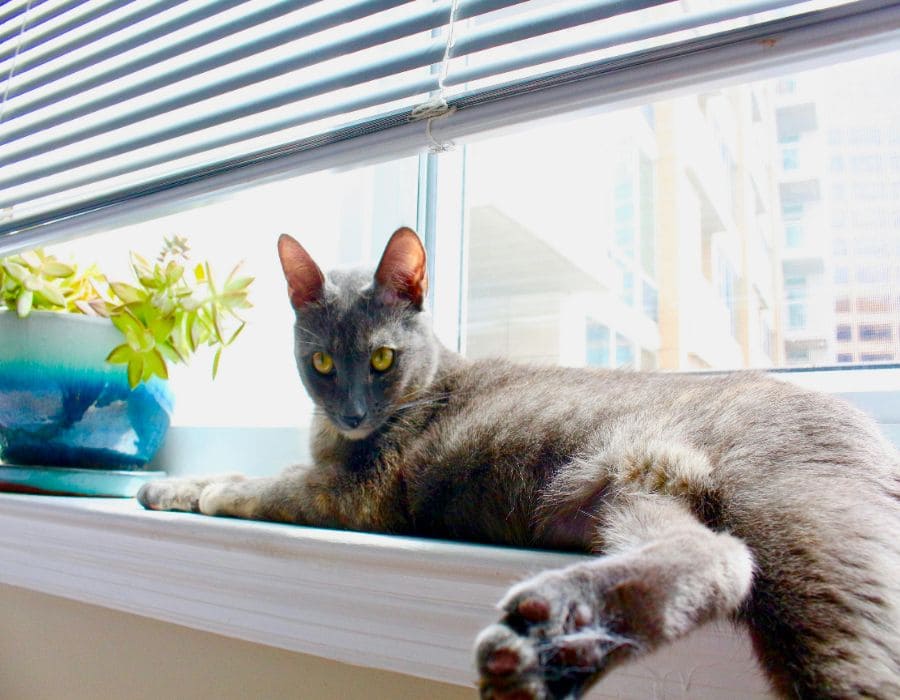
Aging cats get cold more easily. If you notice your feline gravitating toward heaters, blankets, or your laptop keyboard, it’s not just coziness—it’s a tactical warmth mission.
Final Thoughts
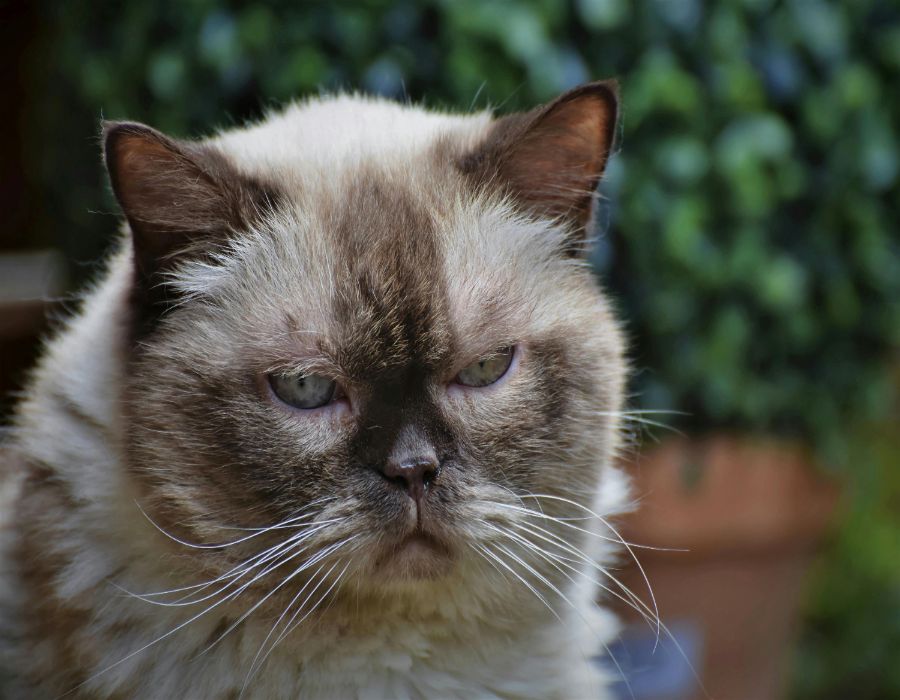
Aging doesn’t make cats less fabulous—it just shifts their priorities. By spotting these behavioral changes early, you can help your whiskered pal age gracefully and comfortably—still majestic, just a little more nap-prone.

